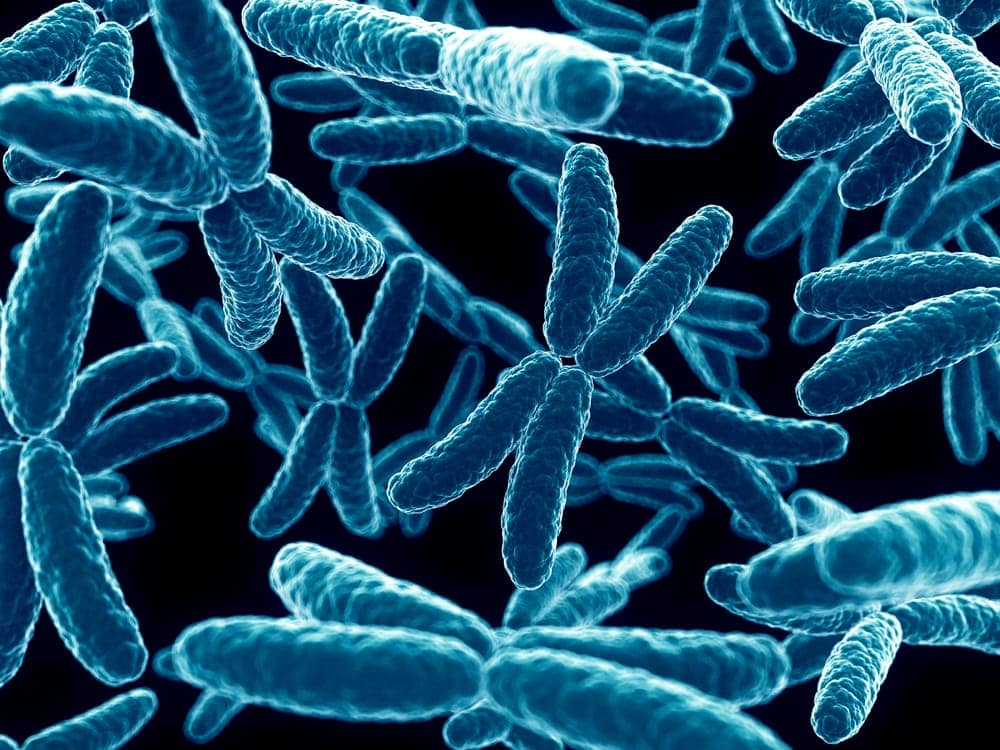Turner Syndrome is a chromosomal condition that occurs when one of the two X chromosomes found in females is missing or incomplete. It is a chromosomal condition that only affects females. It is one of the most common chromosomal conditions, occurring in about 1 out of every 2,500 live female births.
What causes it?
Turner Syndrome is caused by the complete or partial absence of one of the two X chromosomes normally found in a woman. There are no known reasons for the complete or partial absence of one of the X chromosomes, and the condition appears to occur randomly.
How is it diagnosed?
Turner Syndrome is diagnosed using a blood test known as a karyotype. The karyotype blood test analyzes the chromosomal composition of the individual and determines whether the X chromosome is absent.
What are the symptoms?
A shorter stature and lack of ovarian development are the most common characteristics of symptoms.
The following physical characteristics may also be present:
- A webbed neck – a variation of skin folds on the neck
- Arms that are slightly turned out at the elbow
- A low hairline in the rear of the head
Are there any health concerns for someone with Turner Syndrome?
A woman with Turner Syndrome who receives proper medical care should be able to lead a full and productive life — but will be more susceptible to heart problems, kidney problems, thyroid problems, or fertility problems.
What are the treatment options?
This condition cannot be cured; however, there are treatments that may reduce the symptoms. The two most common characteristics associated with the condition are short stature and lack of ovarian development, both of which can be treated.
The Food and Drug Administration has approved the use of growth hormones for the treatment. The growth hormone enhances growth velocity and potentially the final adult height. It is administered alone or with a low dose of androgen.
Ovaries produce estrogen, which is important for developing and maintaining good tissue and bone structure. Estrogen replacement therapy helps with this development, along with promoting the development of secondary sexual characteristics.
There are also reproductive technologies available that may enable a woman with Turner syndrome to become pregnant. It is possible for a woman with Turner syndrome to carry an embryo provided by a donor egg.
Want to Know More?
- The Turner Syndrome Society of the United States: 1-800-365-9944
- Tips for Preventing Birth Defects
- Genetic Counseling
Compiled using information from the following sources:
1. Turner Syndrome Society of the United States






